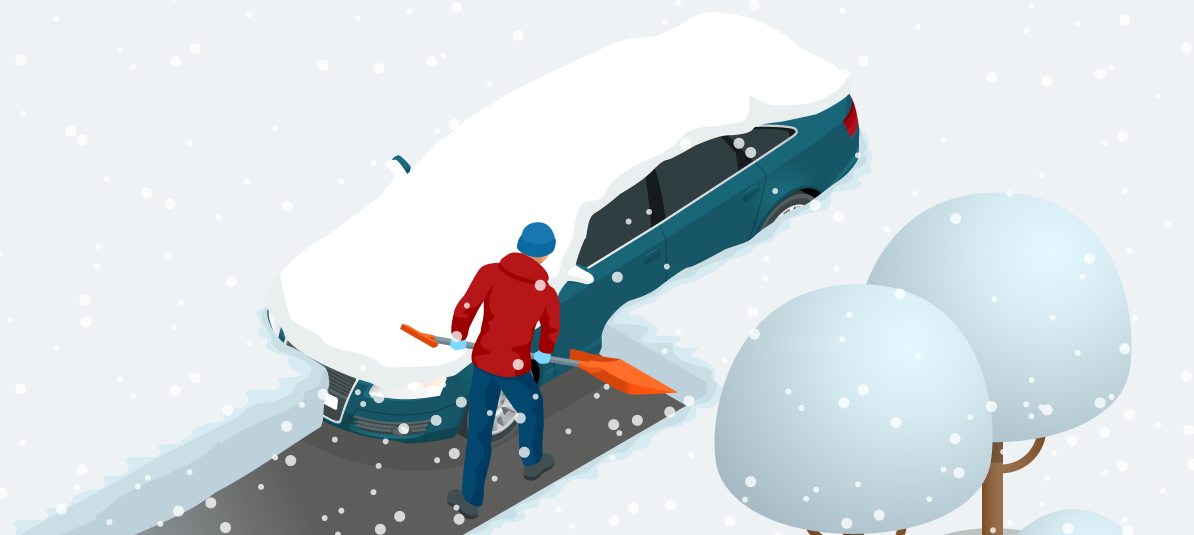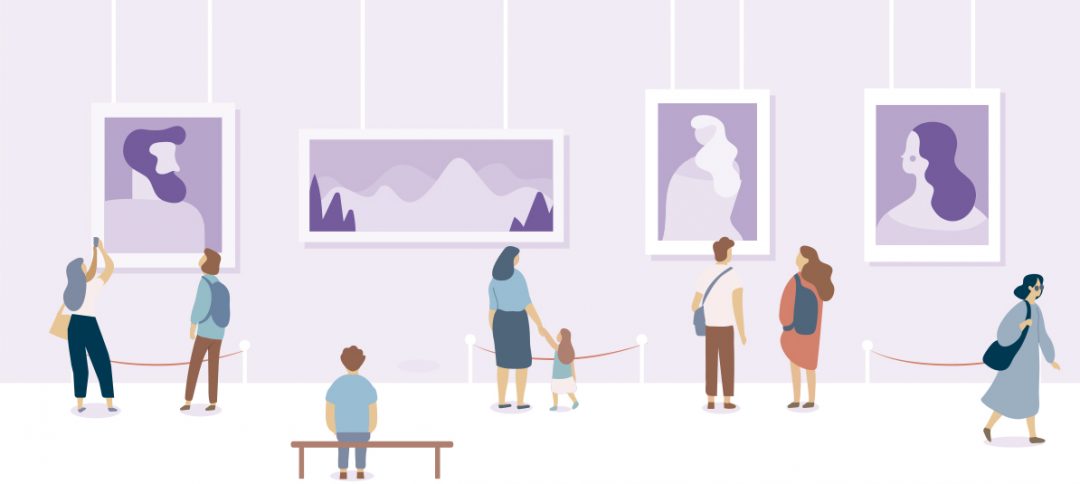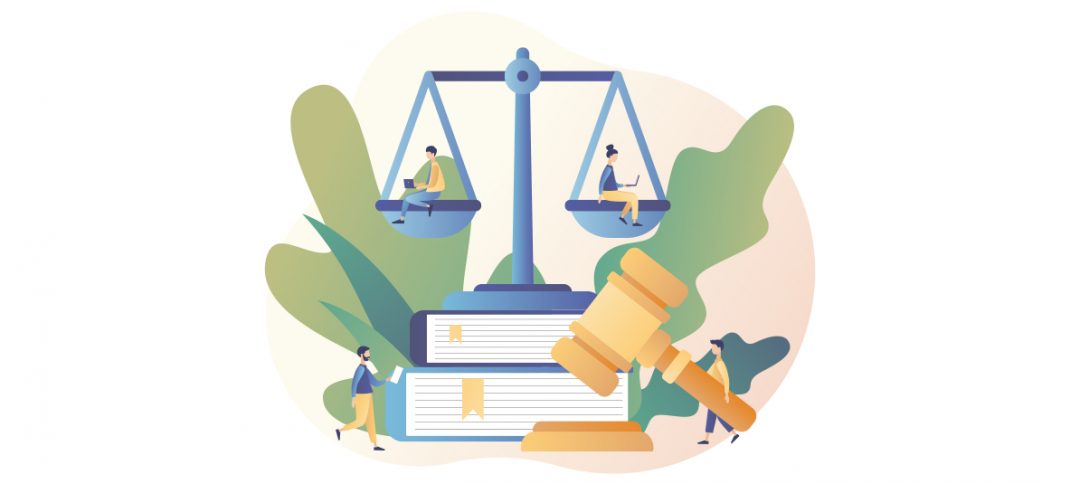It is still too early to make an assessment of the full damage caused by Storm Filomena. There is still a lot of snow and ice to clean up. Much of the damage was evident from the first hours of the great snowfall, while others will begin to emerge once the white mantle retreats from the most badly-affected areas. Don’t worry. This is not an unfamiliar situation for insurers, since the damage caused by snowfall is one of the incidents that they deal with most during the winter. Filomena has simply increased the scale of these damages.
Household damages
When it comes to snow damage to your home, the first thing you need to do is check your policy carefully to find out exactly what it covers. However, unlike other atmospheric phenomena such as wind or rain, in the case of snow it is not usually necessary to meet minimum quantity limits to claim insurance. Some of the typical damages caused by snow are leaks from the thaw, roof collapse, frozen pipes, etc.
Fallen trees
Photos of fallen trees crushing cars parked on the roadside are certainly one of the most eyecatching images of snowstorms. If you are in this situation, you will be interested to know that your insurance company will cover these damages provided you contracted them in your policy. In other words, regardless of whether it was caused by snowfall, the damage to your vehicle will be repaired just as if it had been caused by any other commonly-occurring incident.
If you have taken out third party insurance that does not cover damage to your vehicle, you may be able to lodge a claim against the owner of the fallen tree, whether they are a private individual or a public body, but for this to be successful you have to prove that there was negligence in its maintenance.
The Insurance Compensation Consortium has no obligation whatsoever to compensate these damages, since snowfall is not included in the list of extraordinary risks that this body covers.
The dreaded slip
When it comes to personal injuries caused by falling in the snow or slipping on ice on the sidewalks, if you have health insurance this will go into effect and operate in just the same way as if you have a traffic accident due to the state of the roads.
Keep alert
The most important thing during the first days after a major snowfall is not to leave the house unless it is essential; remove snow from windows, air conditioning units, antennae and terraces; keep your cellphones charged; make sure you have water reserves at home; stay in contact with family and neighbors; and keep the house warm both day and night, while continuing to air the rooms regularly.









